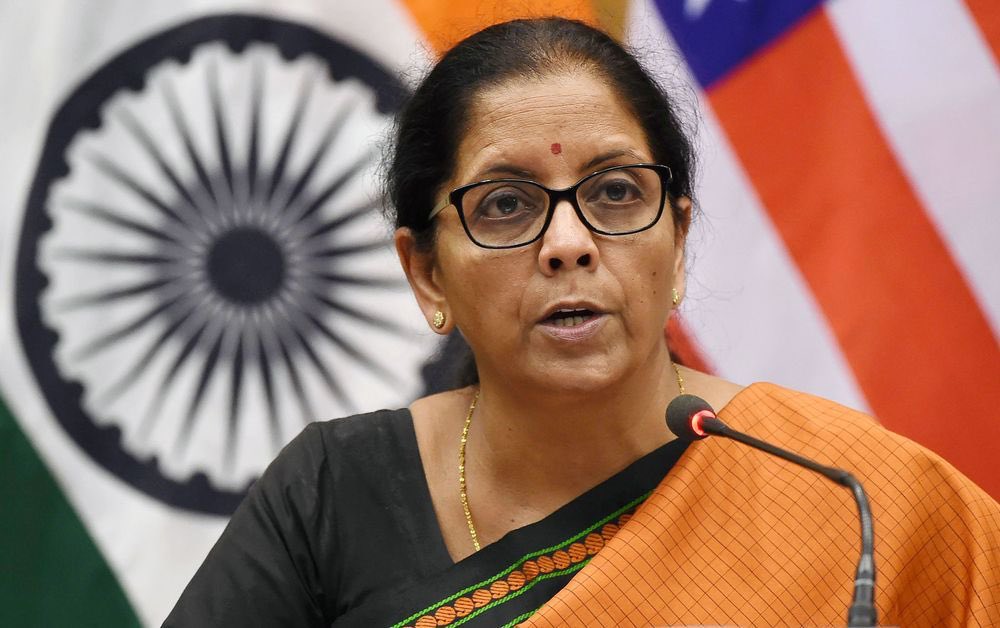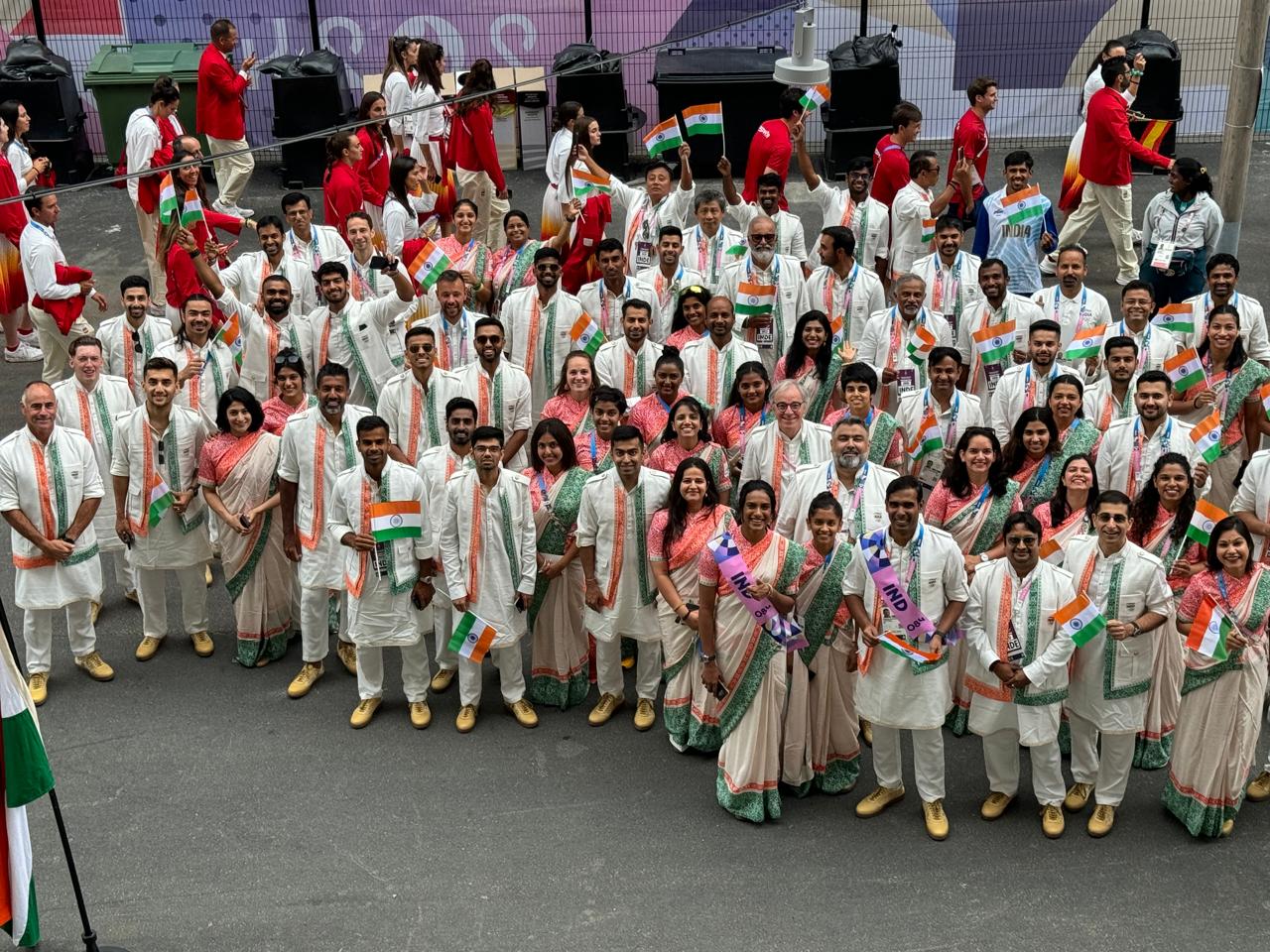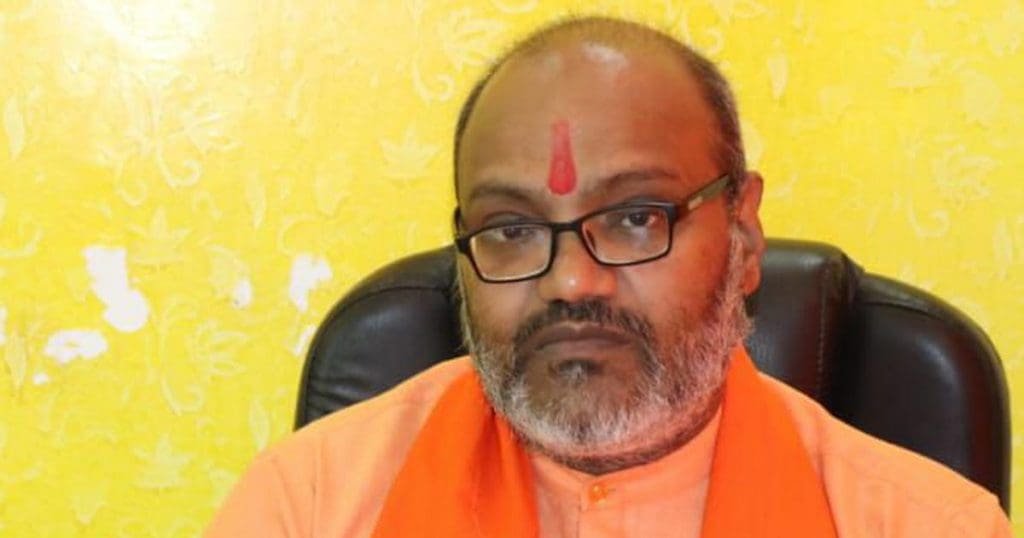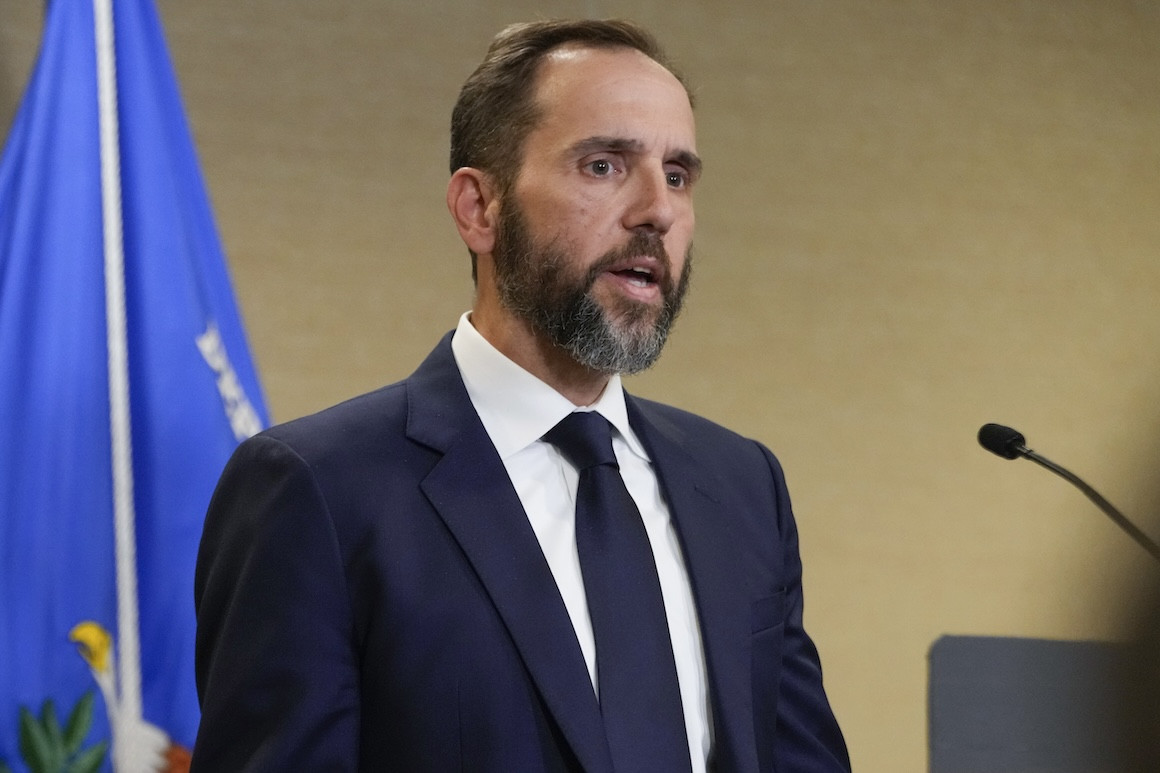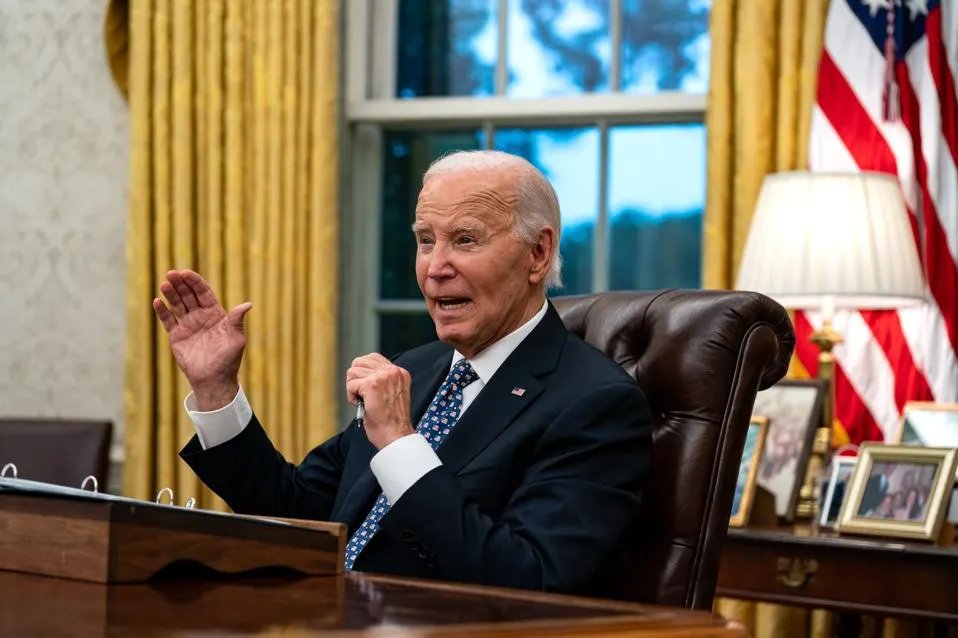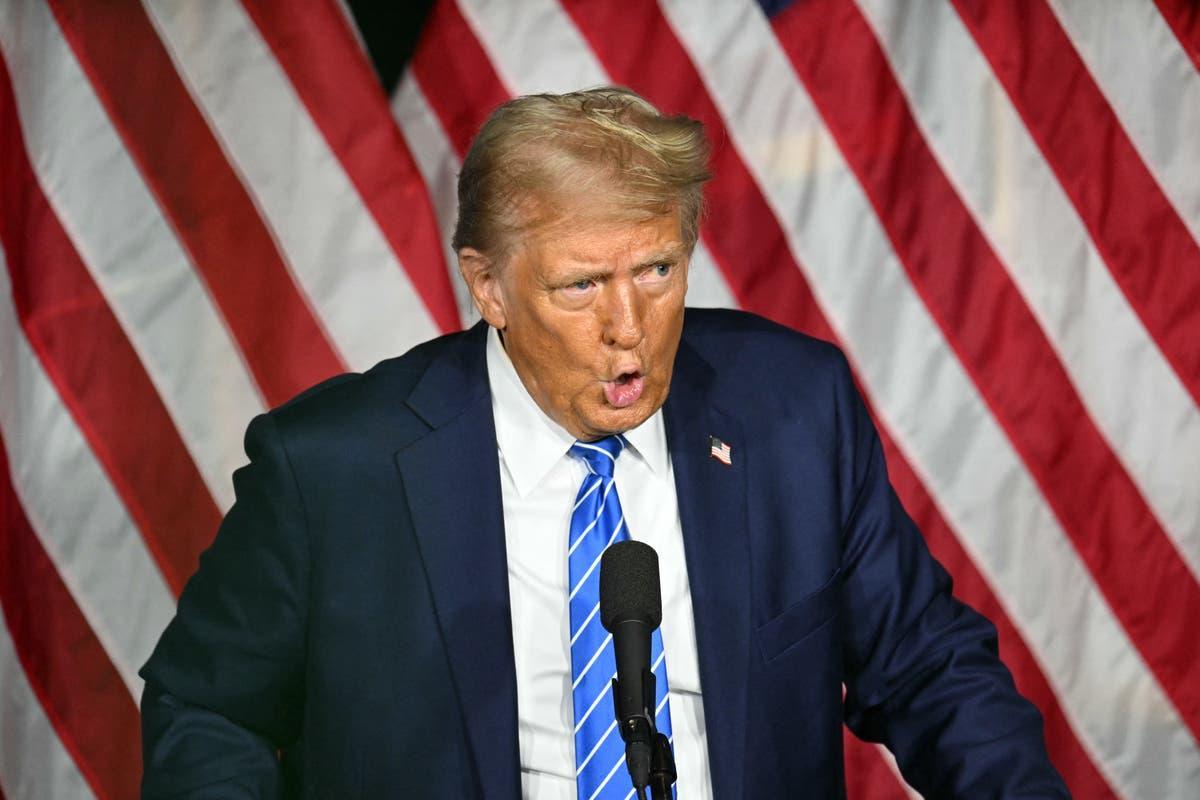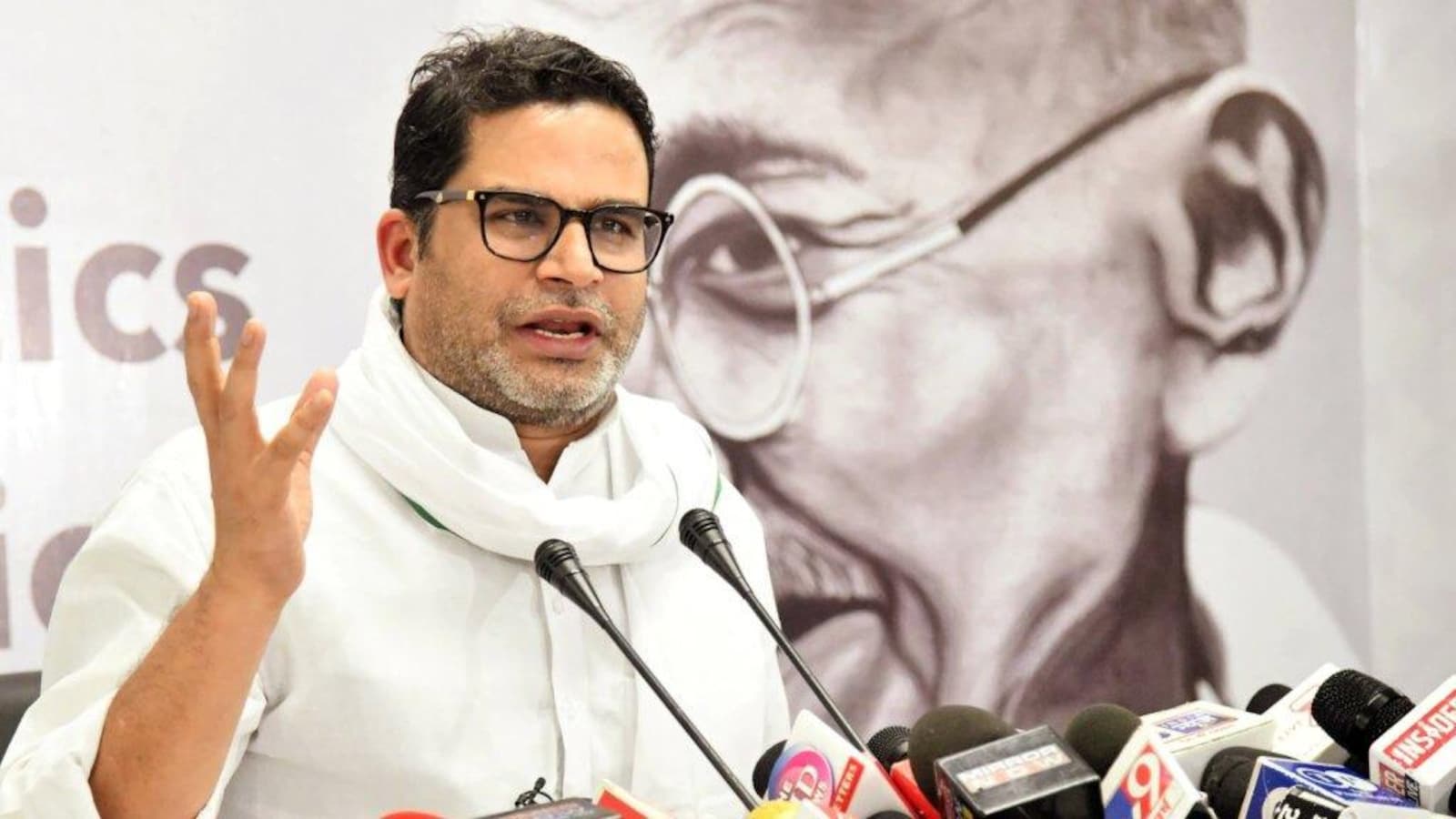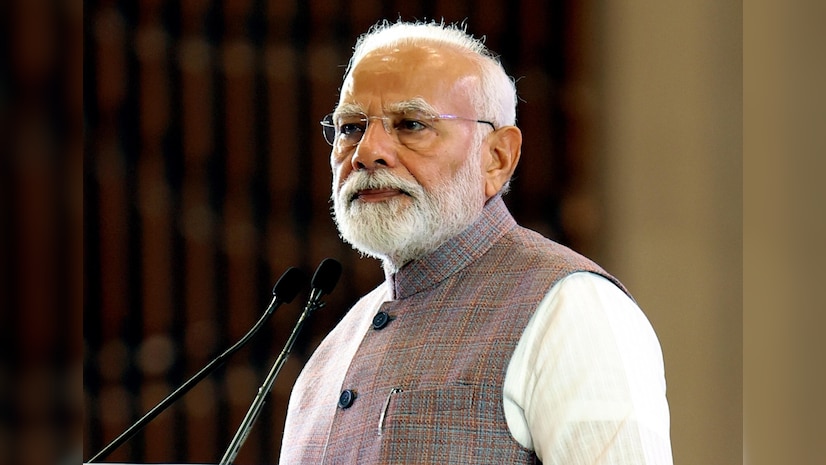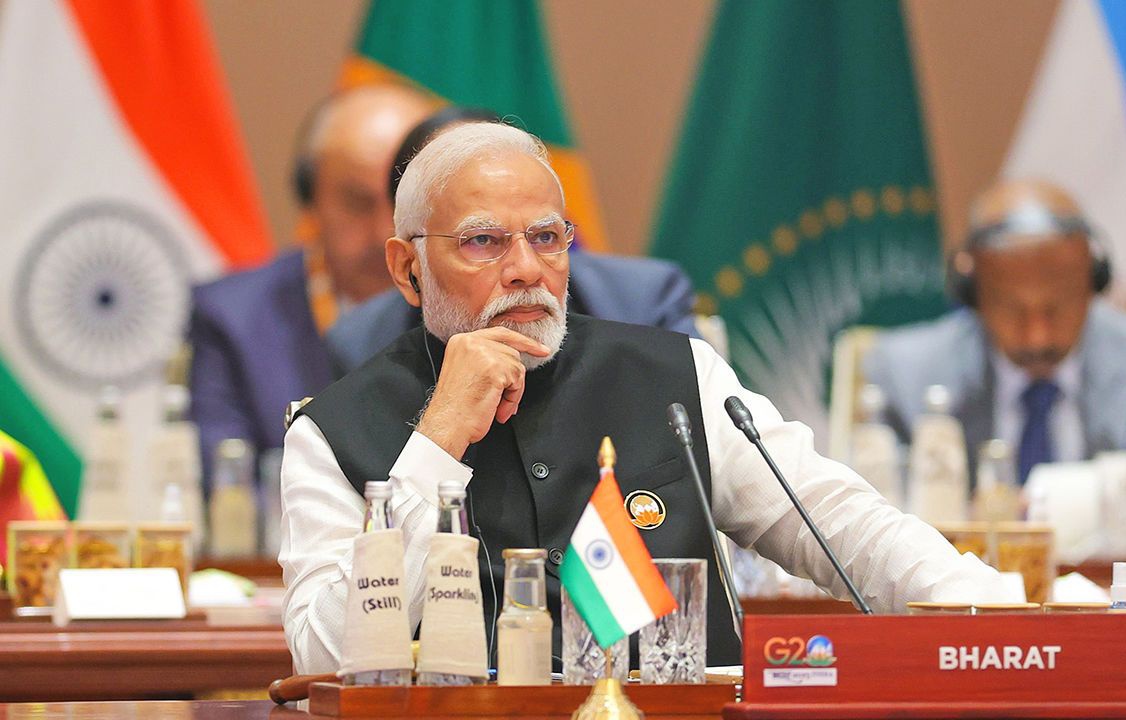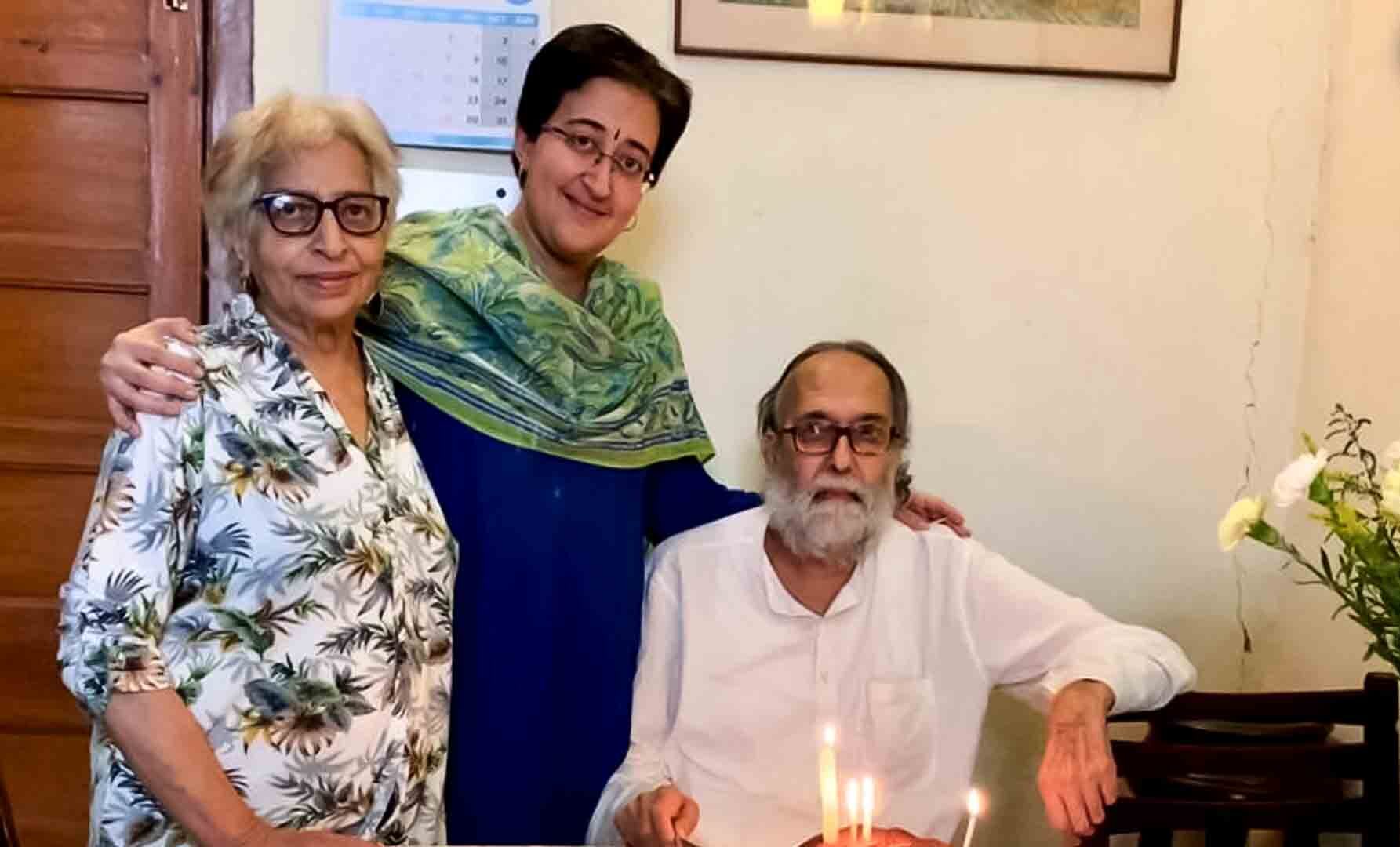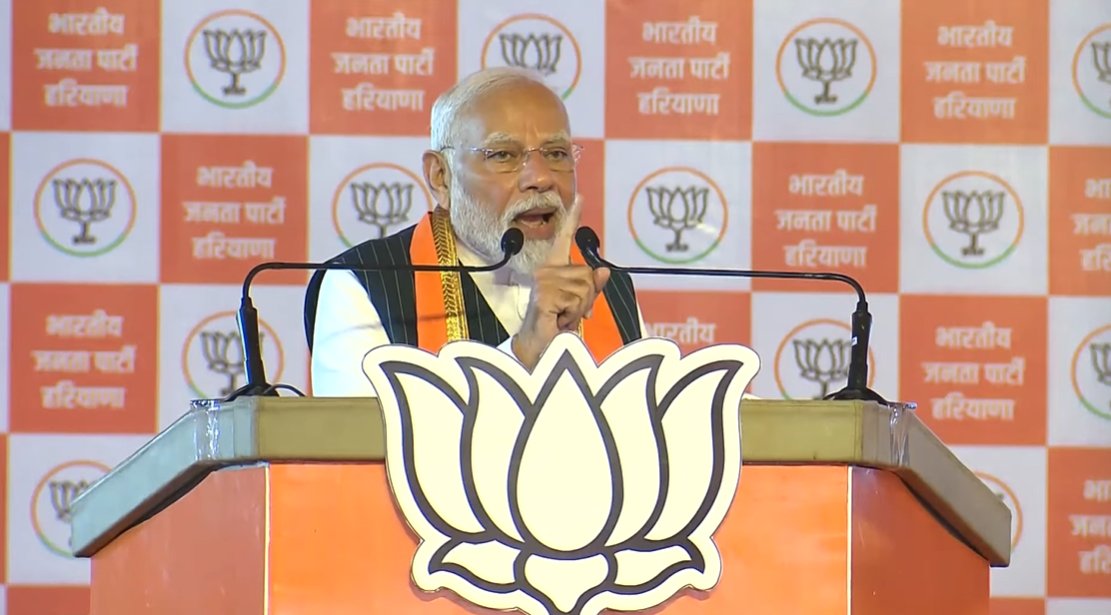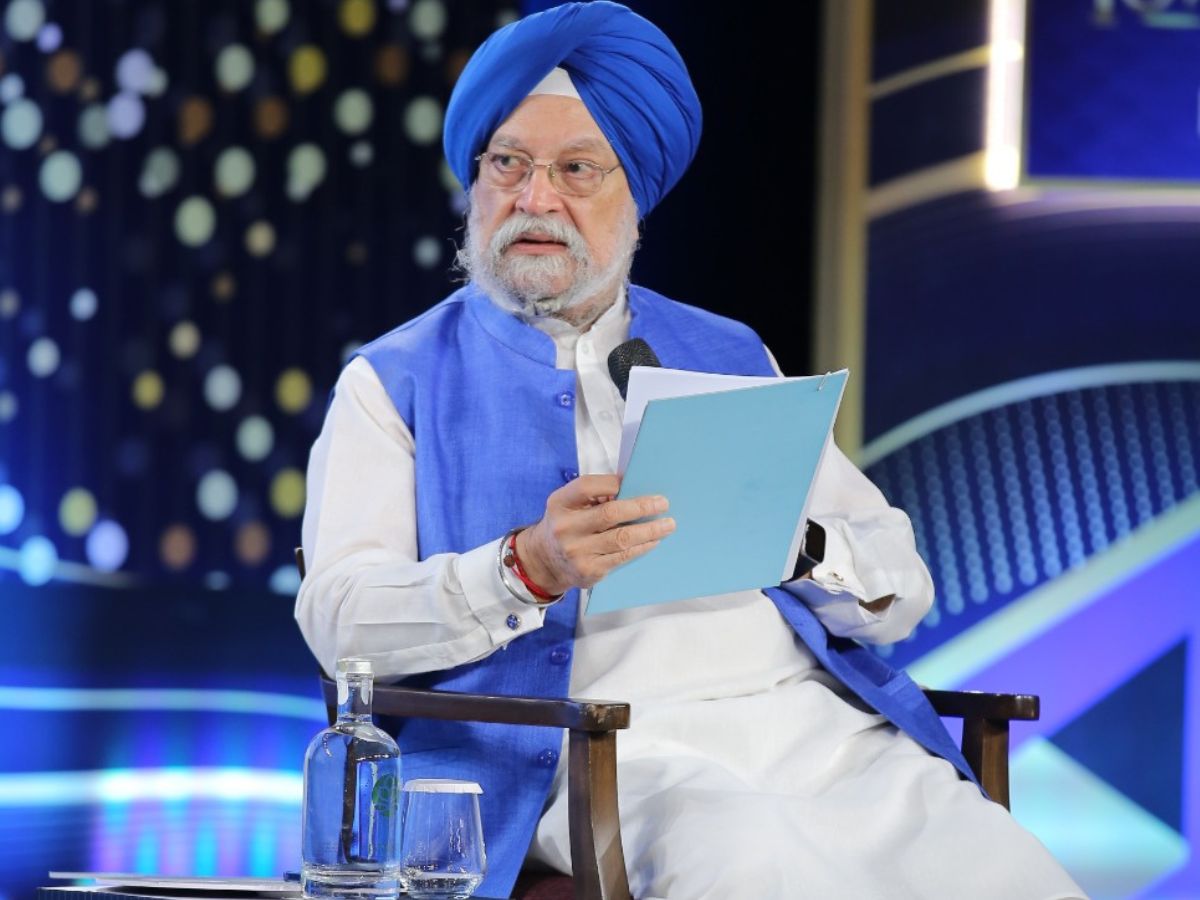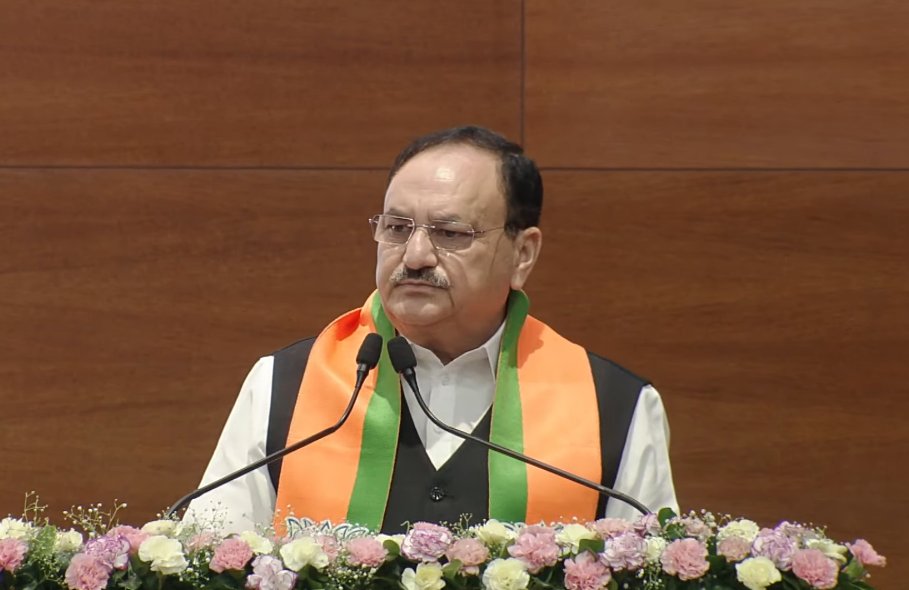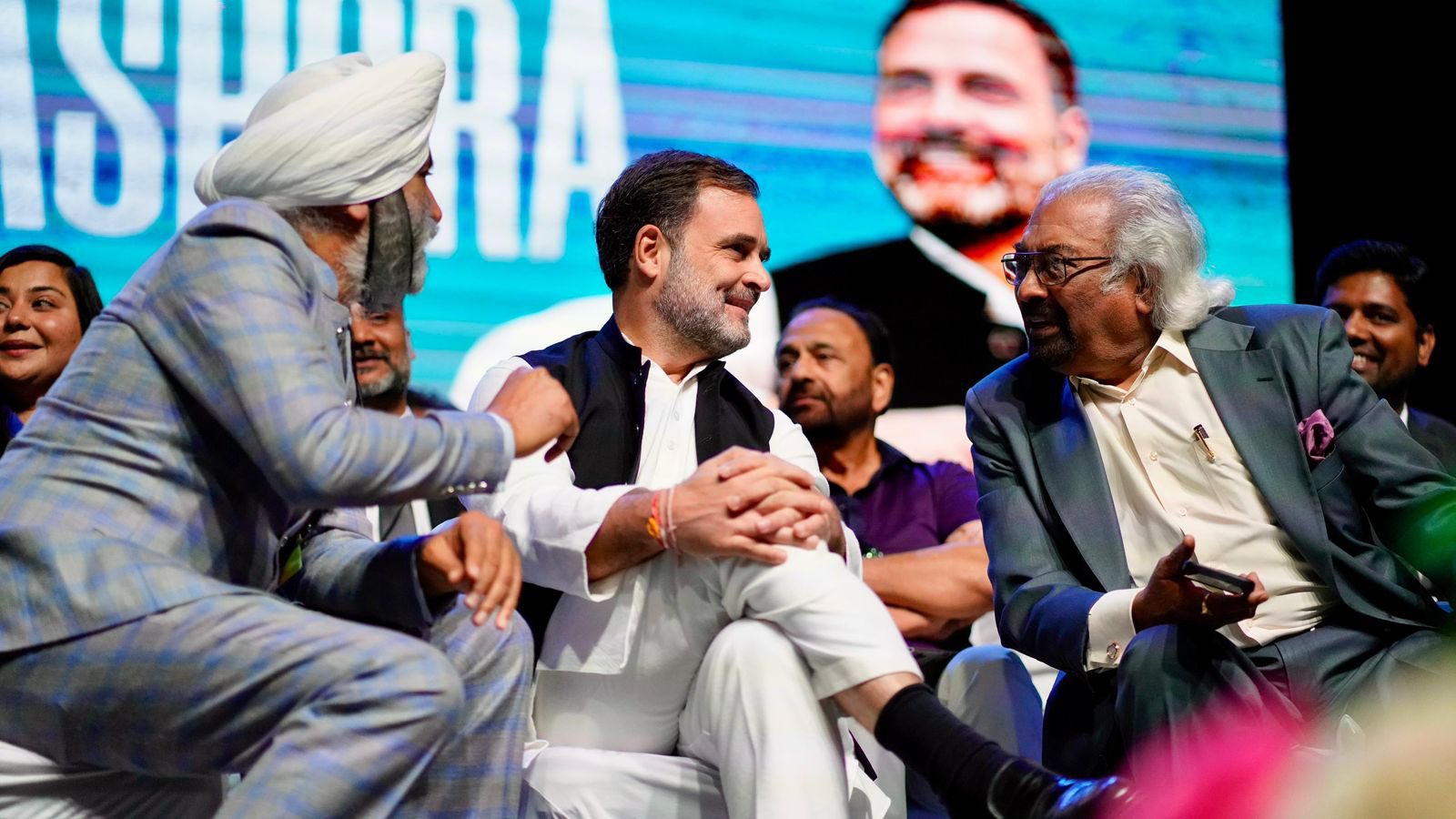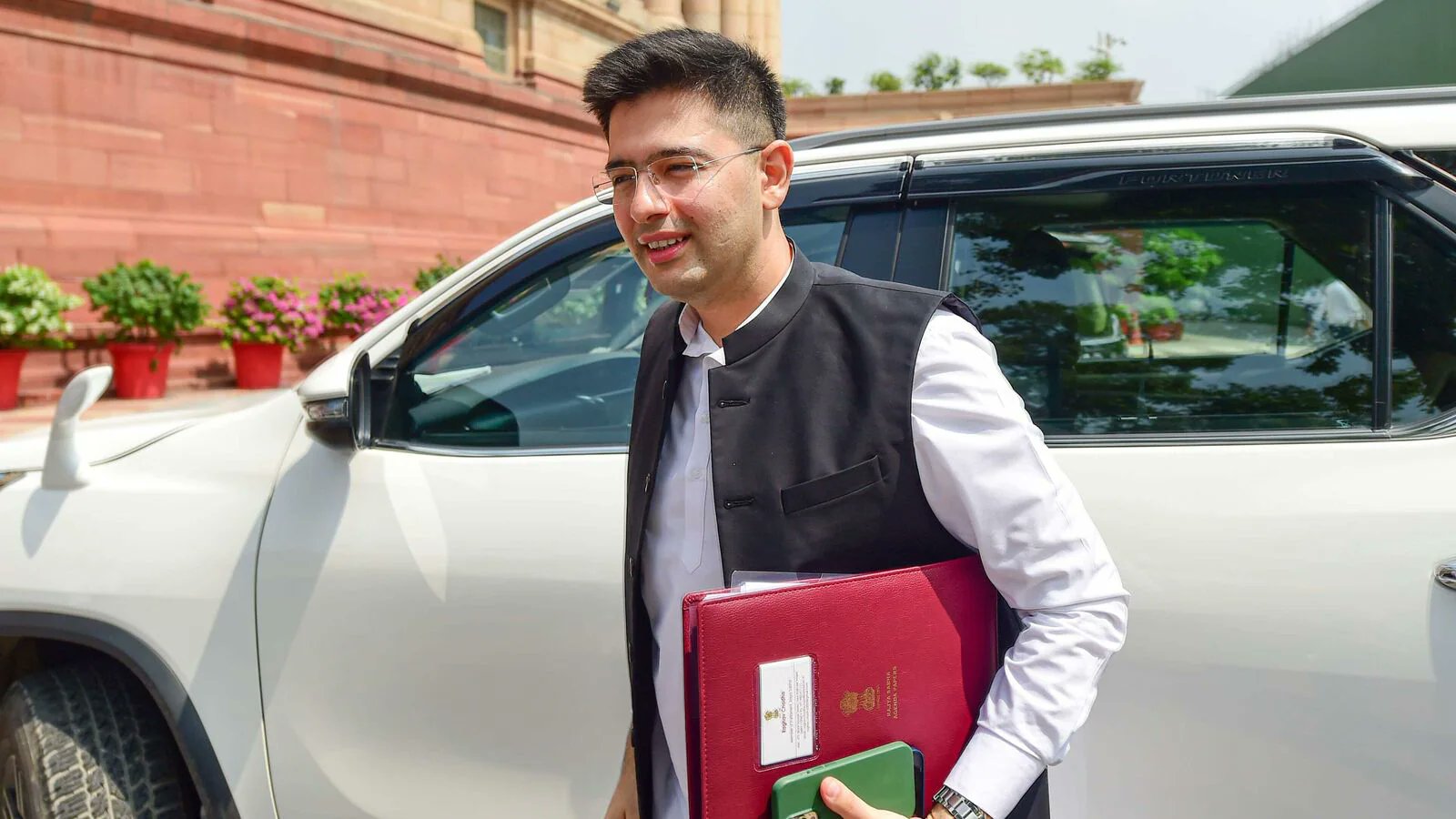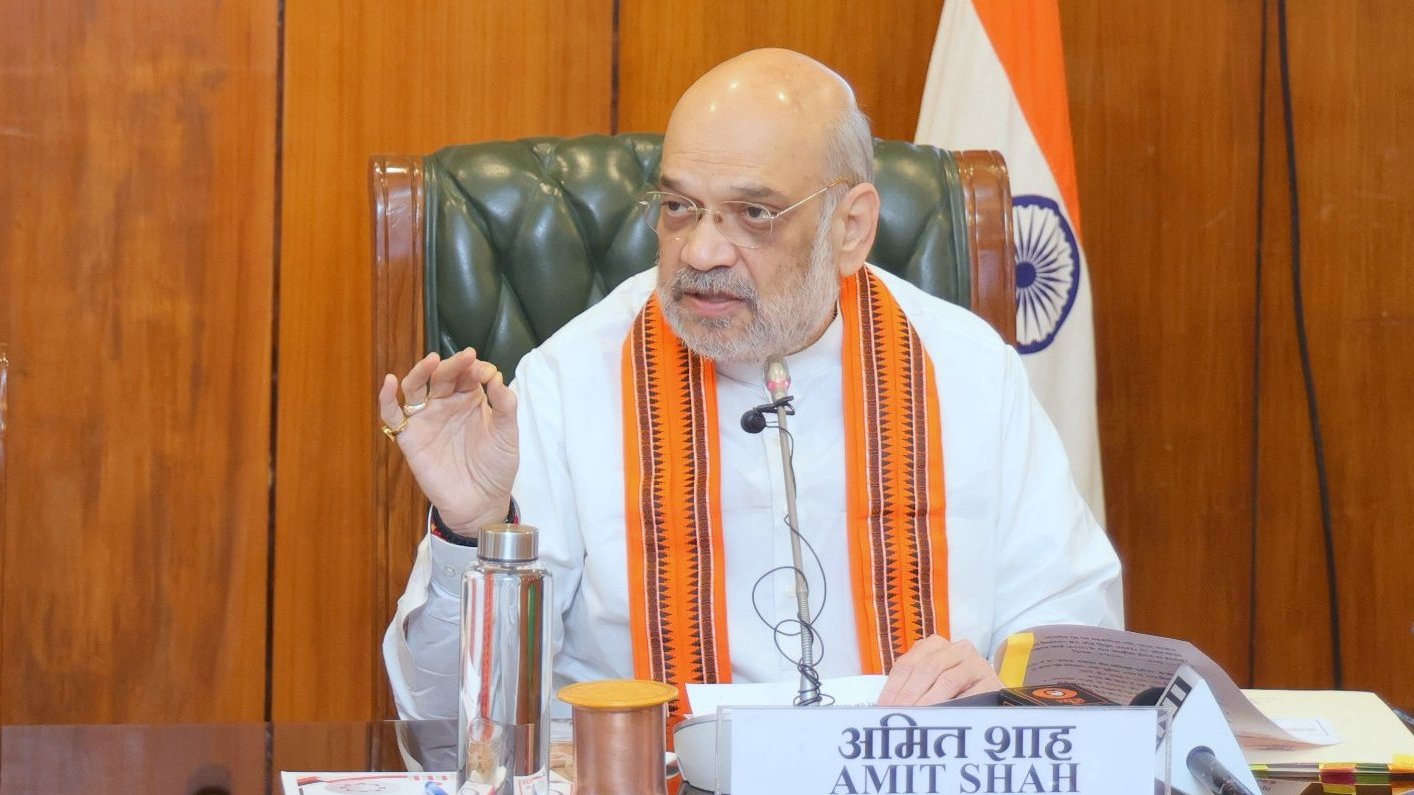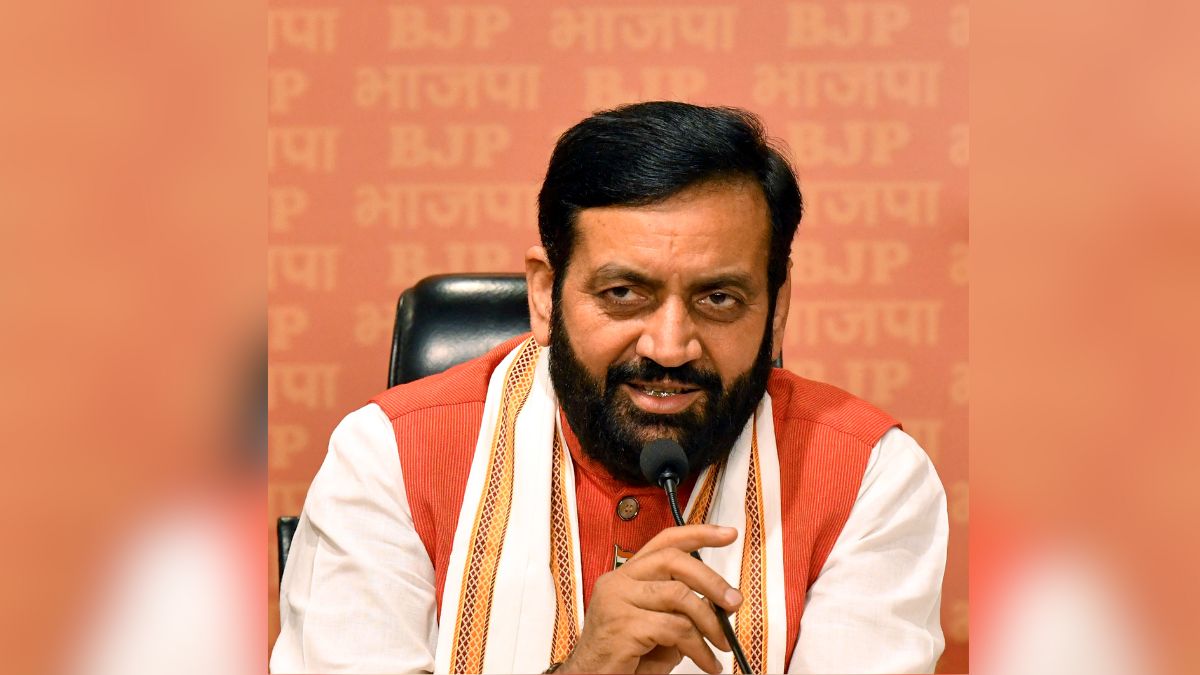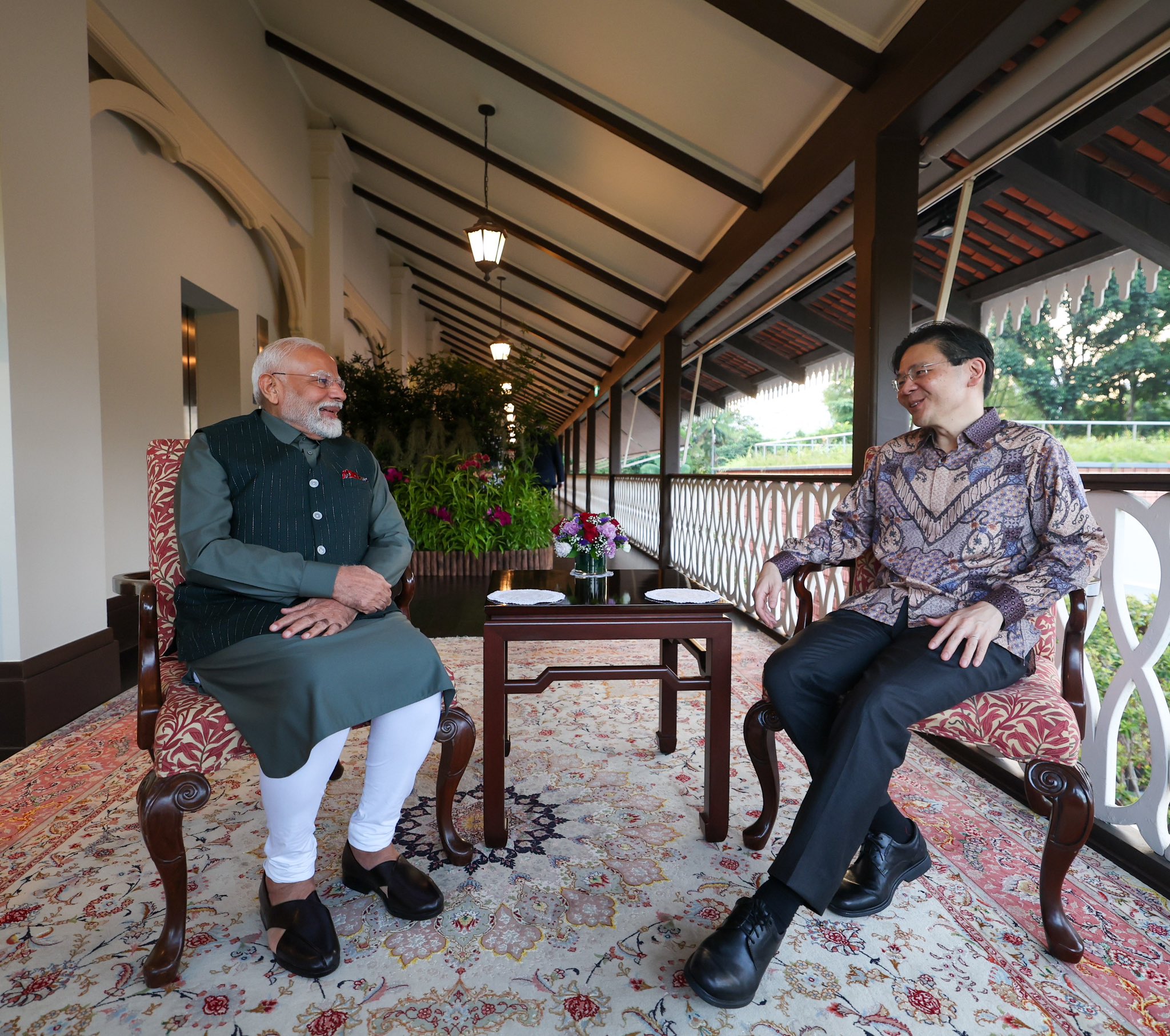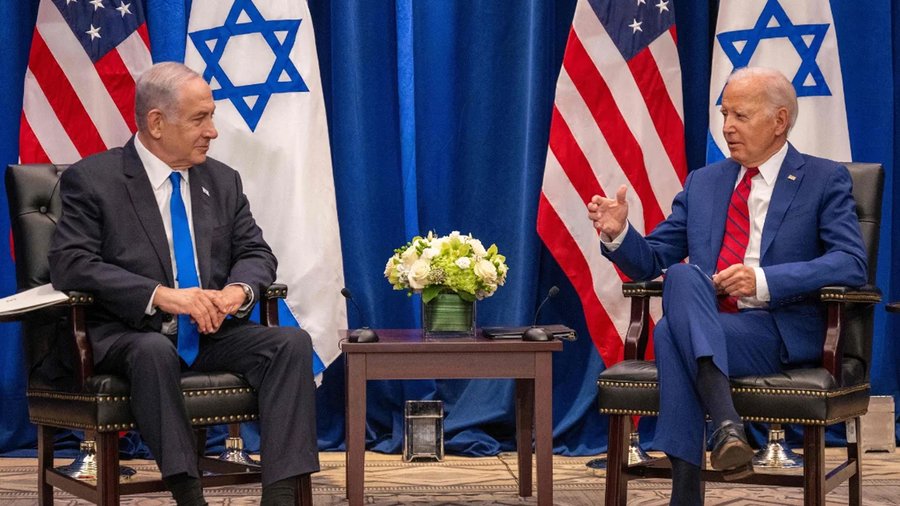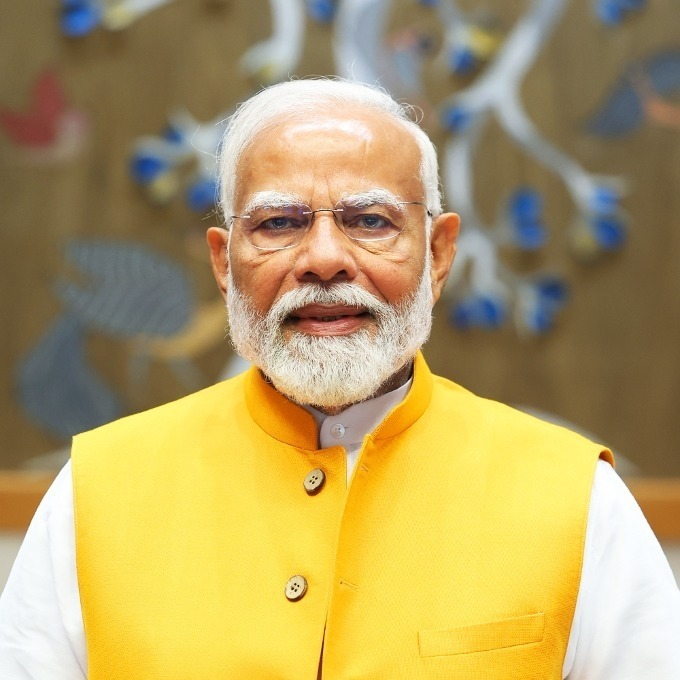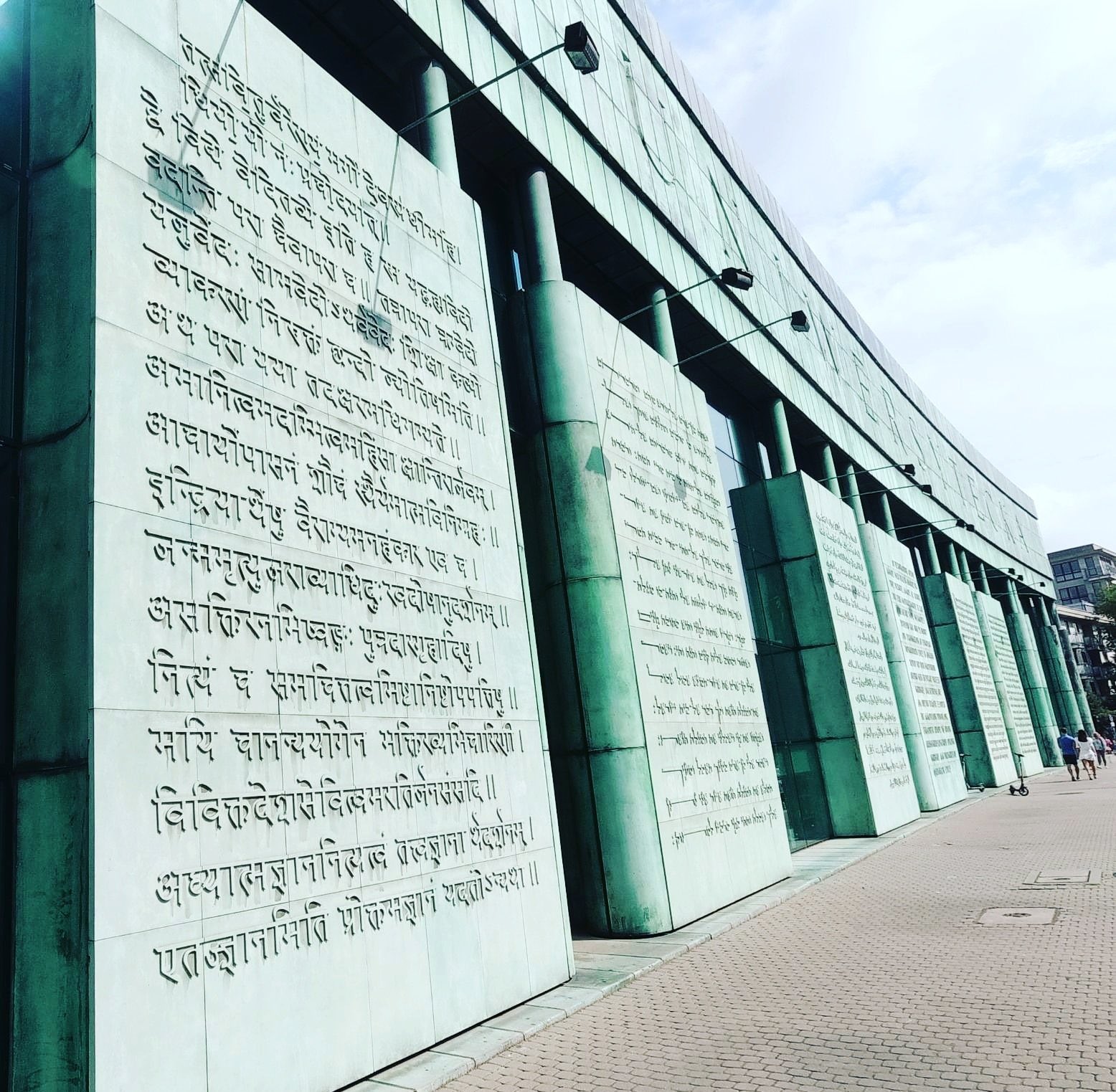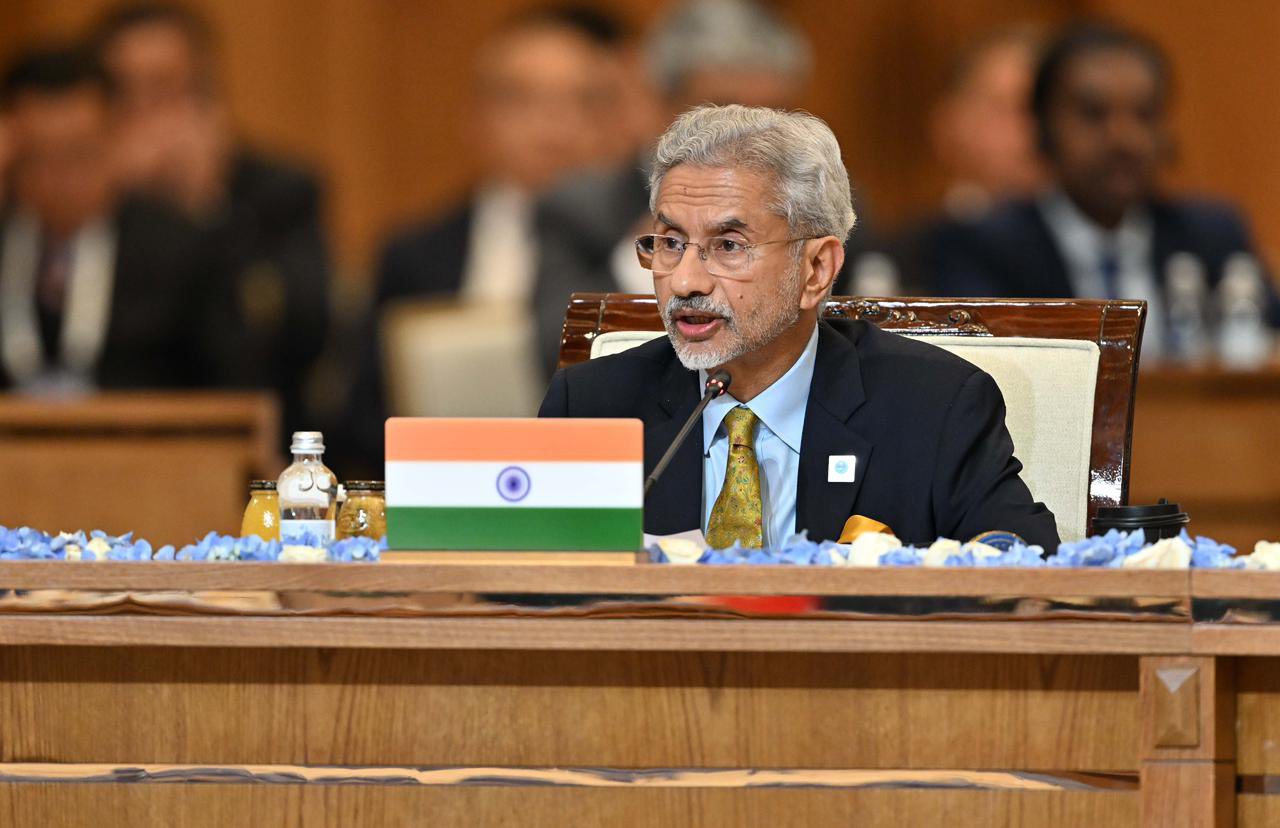In a significant policy shift, the Union Finance Minister Nirmala Sitharaman announced major reductions in Goods and Services Tax (GST) rates on cancer drugs and savory food items following the 54th GST Council meeting held on Monday. The decision is expected to ease the financial burden on patients undergoing cancer treatment and consumers of popular snack foods. Additionally, the council has set up a new Group of Ministers (GoM) to explore potential reductions in medical health insurance rates and to review the future of the compensation cess.
Reduced GST Rates: Cancer Drugs and Savory Foods
The GST Council has decided to lower the GST rates on cancer drugs from 12% to 5%. This move is anticipated to make life-saving medications more affordable for patients battling cancer. Among the drugs benefiting from this reduction are Trastuzumab Deruxtecan, Osimertinib, and Durvalumab. By reducing the tax burden on these critical medications, the government aims to support the ongoing fight against cancer and alleviate the financial strain on patients and their families.
In addition to the reduction on cancer drugs, the GST rates on namkeens and other savory food items will be decreased from 18% to 12%. This adjustment, however, will apply prospectively, meaning it will affect future transactions rather than retroactively. The reduction is likely to impact a wide range of products, from popular snacks to traditional savory items, making them more accessible and affordable for consumers.
New Group of Ministers (GoM) for Health Insurance and Compensation Cess
The GST Council has also established a new GoM to evaluate the possibility of reducing GST rates on medical and health insurance. This GoM, which will be headed by the Deputy Chief Minister of Bihar, is tasked with reviewing the current tax structure and recommending potential rate adjustments. The GoM is expected to submit its report by the end of October 2024, and the council plans to review and finalize any proposed changes in its November meeting.
Additionally, the council has decided to form another GoM to examine the future of the compensation cess, which is set to expire after March 2026. Sitharaman explained that the compensation cess was introduced to repay back-to-back loans and service their interest. As of January 2026, the government anticipates clearing these loans, leaving only a couple of months’ worth of compensation cess to be collected before the cess ends in March 2026.
READ ALSO – Rahul Gandhi’s Foreign Tour: Spreading Misconceptions and Igniting Linguistic Divides in India
Exemptions for Government-Affiliated Educational Institutions
In a move aimed at boosting research and development in the education sector, the GST Council has recommended exempting research and development services provided by government entities from GST. This exemption applies to universities and research centers established by central or state laws or those with income tax exemptions. Such institutions will no longer be required to pay GST on funds received for research purposes from both public and private sources. This policy change is expected to support the growth of academic and scientific research by reducing financial constraints on educational institutions.
Impact and Expectations
The reduction in GST rates on cancer drugs and savory foods is expected to provide substantial relief to patients and consumers. By lowering the tax rates on essential medications, the government is taking a proactive step in making cancer treatment more affordable. Similarly, the reduction in GST on savory food items will likely make popular snacks more budget-friendly for the general public.
The establishment of the GoMs to review medical health insurance rates and the compensation cess indicates the government’s commitment to ongoing tax reforms and fiscal responsibility. The outcome of these reviews will be closely watched by stakeholders in the health insurance sector and by taxpayers who are interested in the future of the compensation cess.
The exemption of GST for government-affiliated educational institutions will likely encourage increased funding for research and development activities. This policy change could have a positive impact on academic and scientific advancements by alleviating financial burdens on research institutions.
Overview
The latest decisions by the GST Council represent a significant shift in tax policy aimed at supporting public health, reducing consumer costs, and fostering academic research. With reduced GST rates on cancer drugs and savory foods, new GoMs to explore health insurance and compensation cess issues, and exemptions for government-affiliated educational institutions, the government is addressing various aspects of economic and social welfare.
As these changes take effect, stakeholders across different sectors will be keenly observing their impacts. The government’s proactive approach to tax reforms highlights its commitment to making essential services and products more accessible while supporting ongoing research and development efforts.


